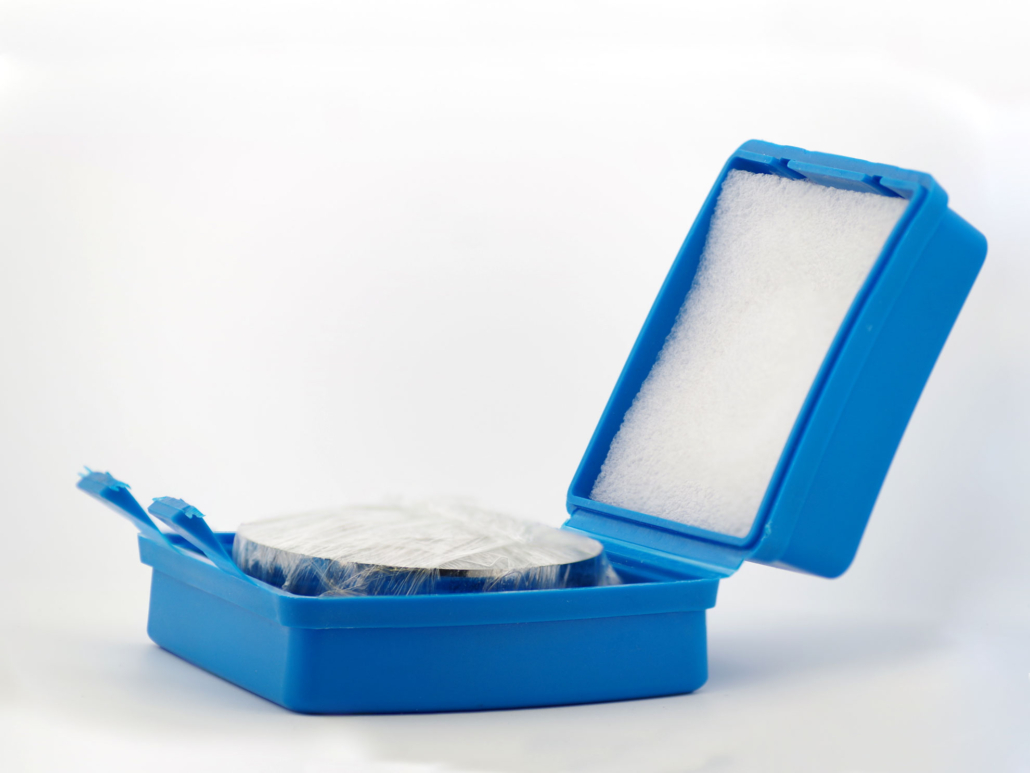Manufacturing of Hard Alloy Rolling Rollers for Metal
The manufacturing of rolling rollers from hard alloy is a highly specialized process that involves the use of advanced materials and precise engineering techniques. These rollers, weighing 0.58 kg with an outer diameter of 68 mm and a thickness of 20 mm, are designed to meet strict surface polishing requirements of 0.005D, ensuring exceptional performance and longevity in industrial applications.
Materials
The primary materials used in the manufacturing of hard alloy rolling rollers include tungsten carbide, cobalt, and titanium. Tungsten carbide provides excellent hardness and wear resistance, while cobalt and titanium enhance the toughness and durability of the rollers. The combination of these materials results in a product that can withstand high levels of stress and abrasion, making it ideal for use in metal processing industries.
Technical Specifications
Manufacturing Process
Forming
The process begins with the precise forming of the roller shape from the hard alloy material. This is achieved through powder metallurgy techniques, where the powdered metals are compacted into the desired shape under high pressure.
Sintering
After forming, the compacted rollers undergo sintering, a process where they are heated to a temperature below the melting point of the base materials. This step helps to bond the particles together, enhancing the mechanical properties of the roller.
Machining
The sintered rollers are then subjected to machining processes to achieve the exact dimensions and surface finish required. This involves turning, milling, and grinding to ensure the rollers meet the specified diameter, thickness, and weight.
Polishing
One of the critical steps in the manufacturing process is the polishing of the roller surface to a high degree of smoothness. Achieving a surface roughness of 0.005D is crucial for the rollers to function effectively in high-precision applications. This is done using specialized polishing techniques and equipment.
Quality Control
Throughout the manufacturing process, strict quality control measures are implemented to ensure the rollers meet the highest standards of precision and performance. Each roller is inspected for dimensional accuracy, surface finish, and material integrity. Any deviations from the specifications are corrected to maintain the quality and reliability of the final product.
Applications
Our hard alloy metal rolling rollers are used in various industrial applications, including:
- Metal Forming: Ensuring precise shaping of metal sheets and strips.
- Rolling Mills: Enhancing the efficiency and accuracy of rolling mill operations.
- Automotive Industry: Contributing to the manufacturing of high-precision automotive components.
- Construction: Used in the production of metal components for construction projects.
The manufacturing of metal rolling rollers from hard alloy is a complex process that demands high precision and quality. At Eurobalt, we are committed to providing our clients with top-tier products that meet their specific requirements. Our expertise in material selection, precision machining, and surface polishing ensures that our rollers perform optimally in various industrial applications.






